By Scott Boggess, CSP, CIE Director, Safety and Health, Preferred Employers Insurance
This article was originally printed in the July/Aug 2023 issue of the California Veterinarian magazine.
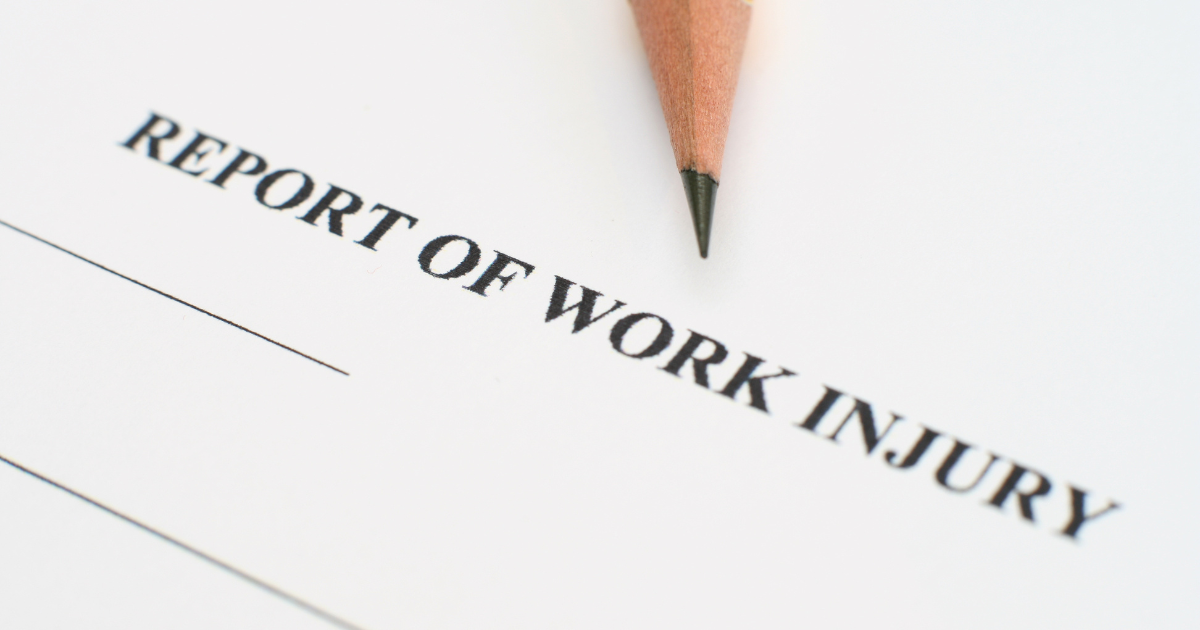 Even with a robust safety program in place, injuries sometimes happen at work. Animals can be unpredictable, and a frightened one may scratch or bite. It is important that staff and management know ahead of time what to do when an employee sustains an injury. Prompt injury reporting is essential and provides a number of benefits for the injured worker as well as the practice owner.
Even with a robust safety program in place, injuries sometimes happen at work. Animals can be unpredictable, and a frightened one may scratch or bite. It is important that staff and management know ahead of time what to do when an employee sustains an injury. Prompt injury reporting is essential and provides a number of benefits for the injured worker as well as the practice owner.
Immediate reporting of a workplace injury to management followed by the latter’s notifying the workers’ compensation insurance carrier means the best possible care for the injured worker can be provided quickly. Timely medical treatment by specialty providers familiar with work-related injuries increases the likelihood of proper diagnosis and effective treatment.
Minor injuries, when treated right away, tend to stay minor and heal faster. Early treatment provides a greater opportunity for the employee to return to work sooner, which is better for the practice and for the employee’s overall well-being. Similarly, prompt reporting to the insurance company allows the claim representative to immediately communicate with the injured staff member, management, and the physician in an attempt to expedite treatment and facilitate a return to work. Doing so reduces the number of days of lost time paid.
Immediate reporting of an injury or even a “near miss” will additionally enable the practice to quickly examine any workplace hazards and unsafe employee behaviors with the goal of preventing similar future incidents. The practice’s safety coordinator should immediately conduct a thorough investigation of the accident to determine the root cause. The accident investigation is a fact-finding—not fault-finding—process that will determine how to prevent a similar occurrence in the future. Talking to the injured employee and other staff members who may have witnessed the incident right away will help to isolate what actually happened before memories fade.
The laws that apply to reporting work-related injuries have specific time frames that the employer and insurance company must meet. The clock begins ticking when the employer obtains knowledge of a work injury or illness that requires medical treatment beyond first aid or results in lost time. Under California law, the insurance company has 90 days from the employer’s date of knowledge of an injury to investigate the claim to determine if the injury is work-related. In some cases, a reason for not reporting an injury could be the fear of adverse consequences.
However, it is important to remember that the response to an injury report must not be punitive. Team members must feel that reporting a workplace injury will not result in embarrassment, retaliation, or loss of employment. Management must demonstrate its commitment to a non-punitive system and should ensure that all employees know and understand reporting requirements if they are injured at work.
Work Injury Checklist
- Take care of the injured worker first by referral to your insurance company’s Medical Provider Network (MPN) or by calling 911 if it is a life-threatening situation.
- Report the injury immediately to your insurance company’s toll-free hotline.
- Provide the injured employee an Employee Claim for Workers’ Compensation Benefits form (DWC-1) within 24 hours of being notified of the injury.
- Record the injury or illness on the OSHA Log of Work-Related Injuries (Form 300).
- Start planning your employee’s return to work by working closely with your insurance claims representative.
Emphasizing the importance of prompt accident reporting by staff and, in turn, management’s immediate reporting to the insurance carrier can help ensure that the team member receives appropriate care quickly, minimizing the injury and time lost from work.

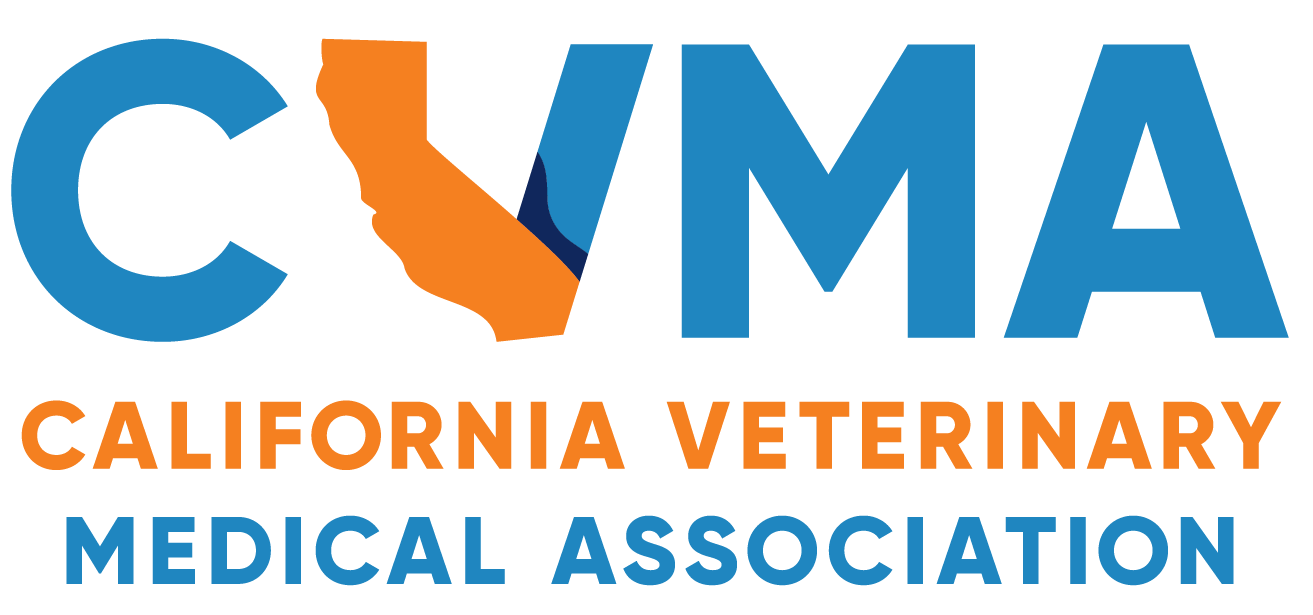
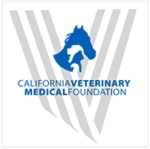
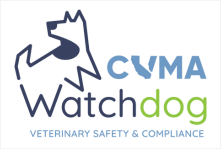
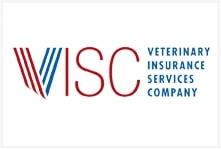


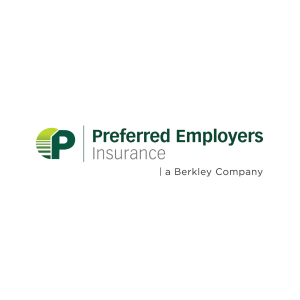
 Even with a robust safety program in place, injuries sometimes happen at work. Animals can be unpredictable, and a frightened one may scratch or bite. It is important that staff and management know ahead of time what to do when an employee sustains an injury. Prompt injury reporting is essential and provides a number of benefits for the injured worker as well as the practice owner.
Even with a robust safety program in place, injuries sometimes happen at work. Animals can be unpredictable, and a frightened one may scratch or bite. It is important that staff and management know ahead of time what to do when an employee sustains an injury. Prompt injury reporting is essential and provides a number of benefits for the injured worker as well as the practice owner.
